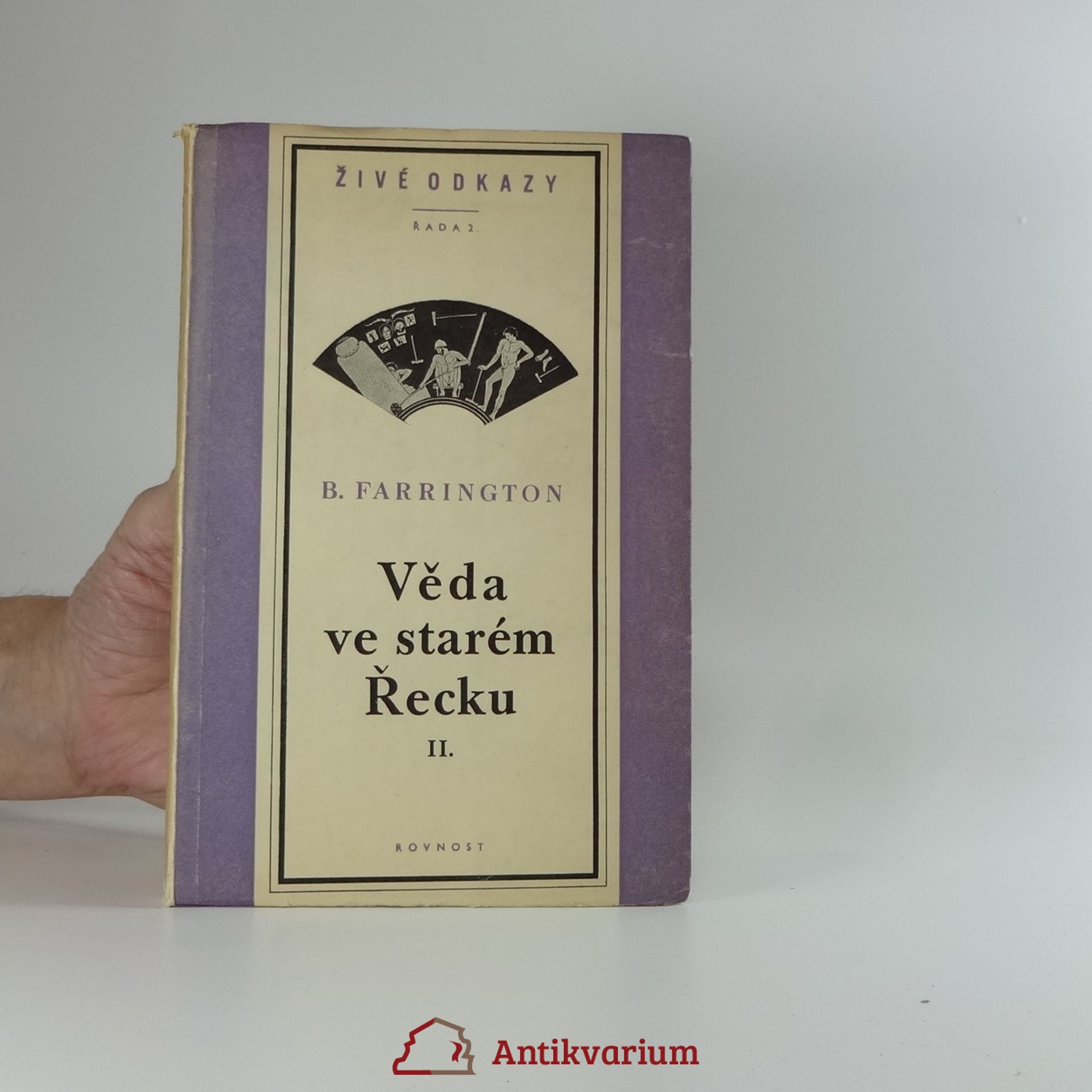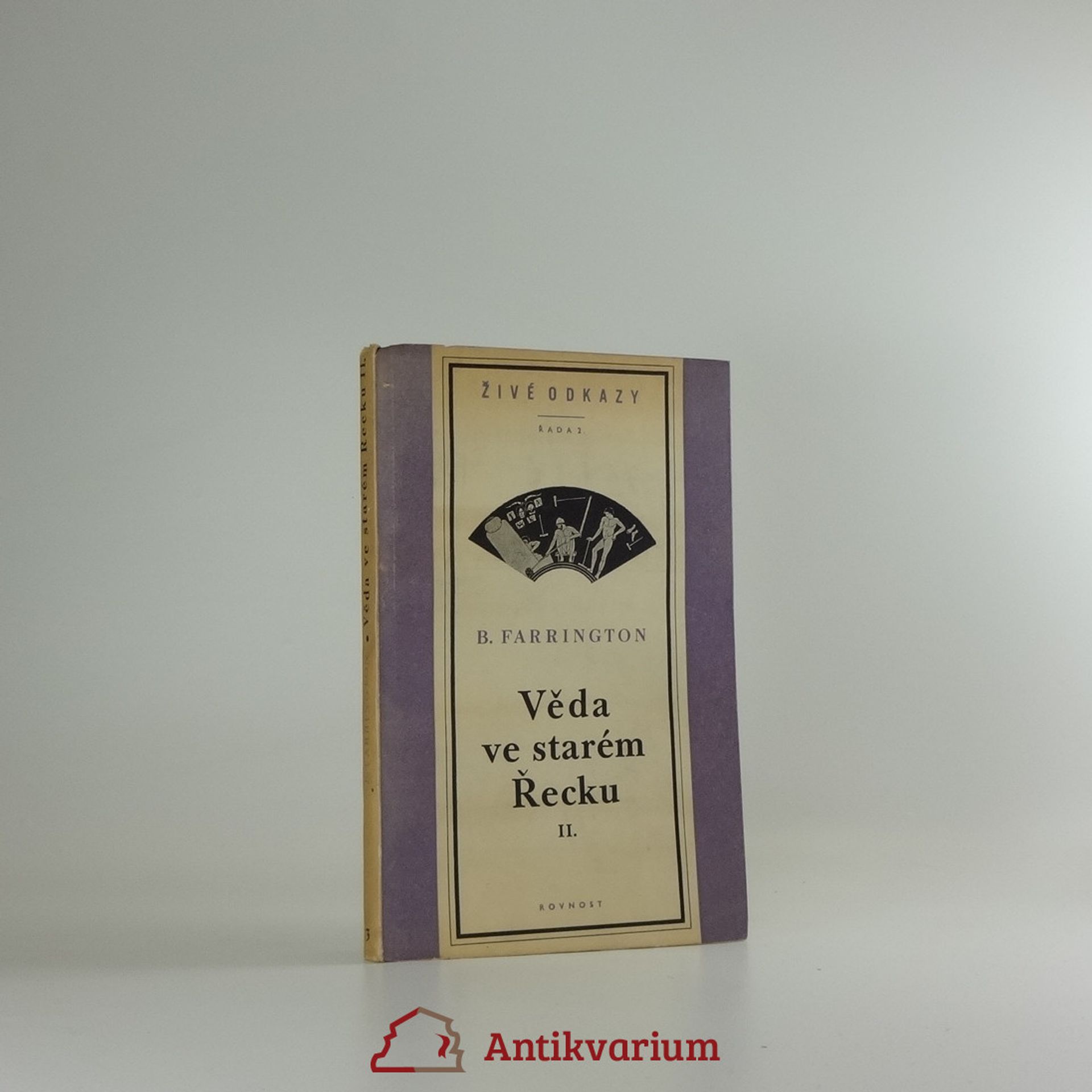Benjamin Farrington Libri
Questo autore è stato un illustre studioso e professore di discipline classiche, dando contributi significativi alla storia della scienza greca. I suoi influenti libri sono stati tra i primi in lingua inglese a concentrarsi specificamente su questo campo, stabilendo la sua reputazione accademica in Irlanda, Sud Africa e Gran Bretagna. Oltre alle sue ricerche accademiche, fu un convinto socialista, impegnato attivamente nel discorso politico e nella scrittura. Sebbene il suo rigore intellettuale fosse apprezzato, alcuni critici hanno ritenuto che le sue inclinazioni socialiste possano aver influenzato o oscurato indebitamente il suo lavoro accademico.







Greek Science, Its Meaning for Us (Thales to Aristotle)
- 164pagine
- 6 ore di lettura



